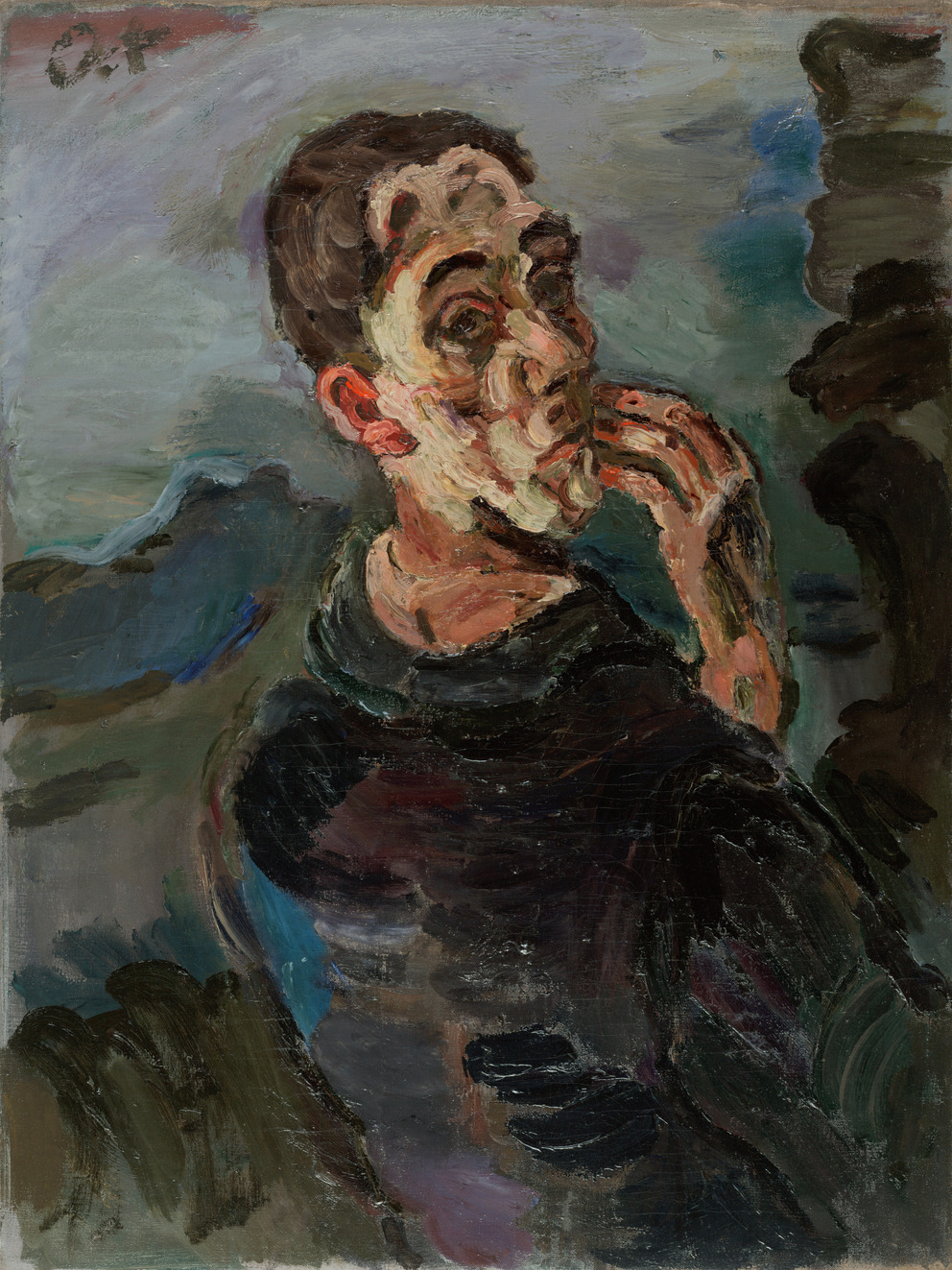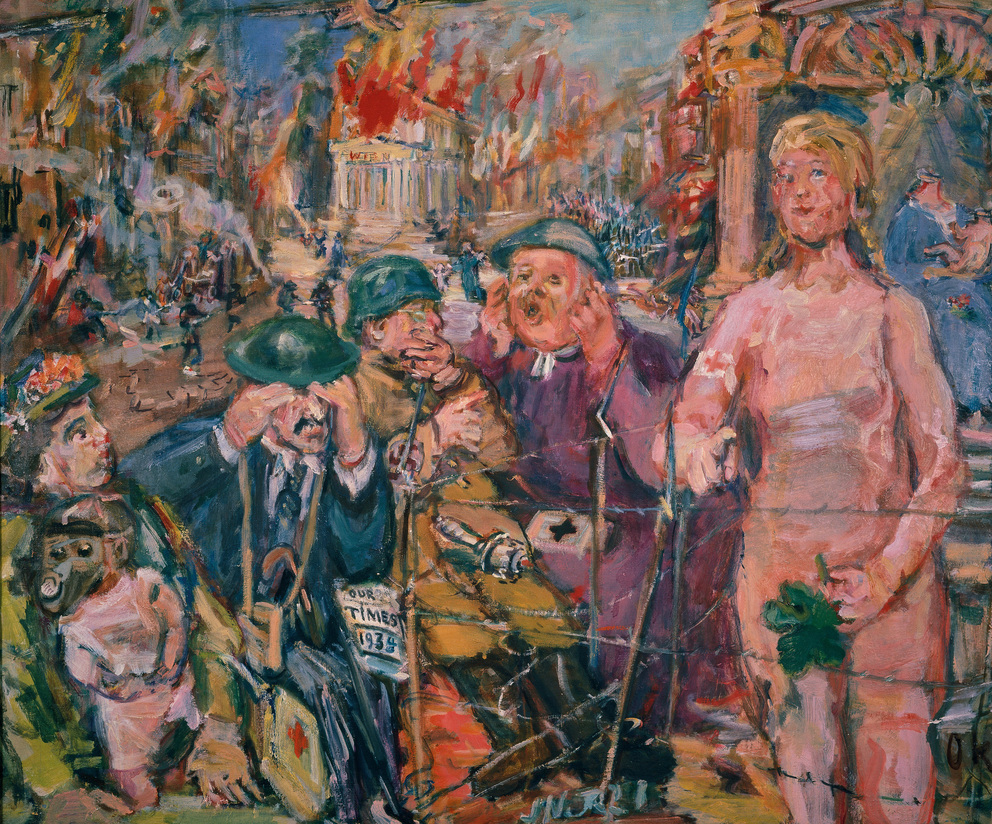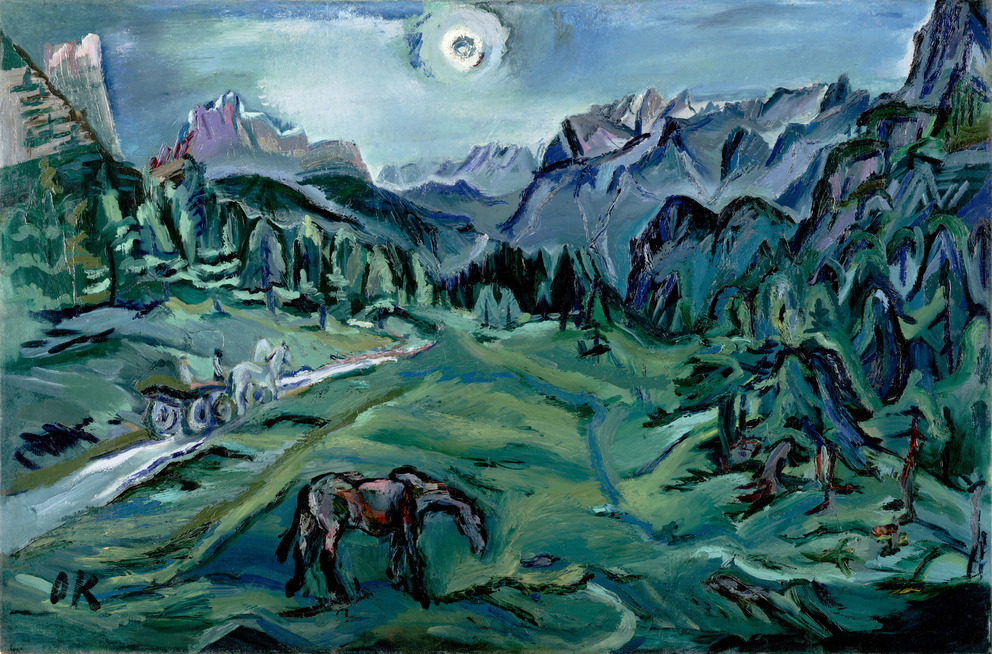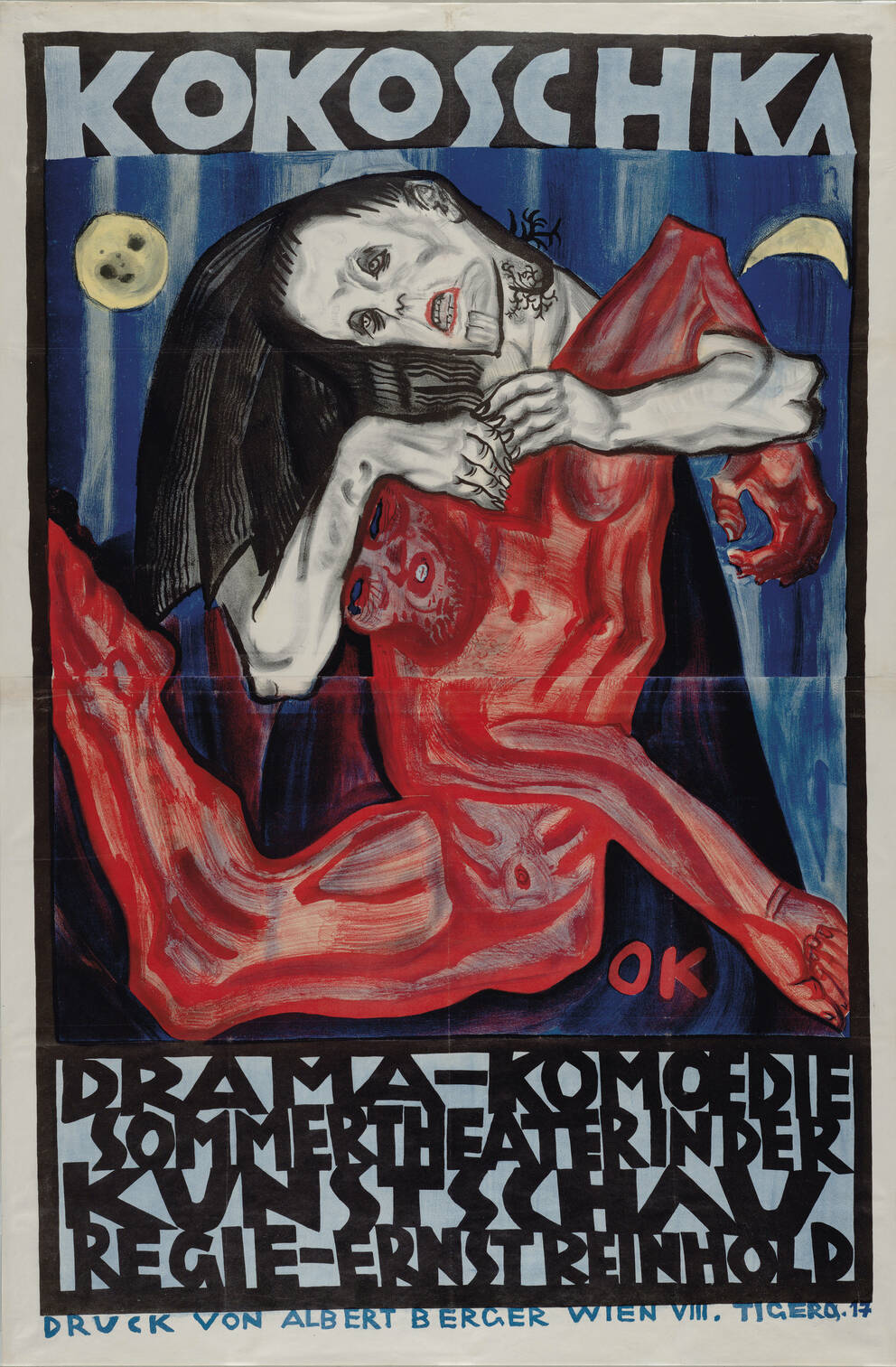Oskar Kokoschka
Expressionist and Enfant Terrible
Oskar Kokoschka (1886–1980), who was born in Pöchlarn and died in Montreux at the age of 93, survived the other prominent pioneers of Modernism – Gustav Klimt (1862–1918), Egon Schiele (1890–1918) and Richard Gerstl (1883–1908) – by several decades. Kokoschka emerged on the art scene in 1908 as a painter, graphic artist, author, playwright and director, and provoked with his radical breaches of conventions. Overcoming the prevalent Jugendstil of his time, he became a central trailblazer of Expressionism. His precarious living conditions and the harsh criticism he encountered led to the artist staging himself as a victim. The political turmoil of the first half of the 20th century turned Kokoschka into a migrant. As the global political situation worsened throughout the 1930s, Kokoschka – who saw himself as a seismographer of social change and fought for peace, freedom and human rights – used art to convey political messages. He adhered to the authentic power of a committed art production all his life.





